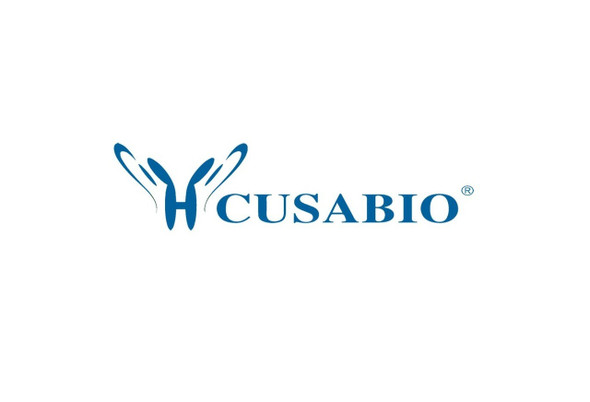Cusabio Polyclonal Antibodies
PEX19 Antibody | CSB-PA017802DSR2HU
- SKU:
- CSB-PA017802DSR2HU
- Availability:
- 3 to 7 Working Days
Description
PEX19 Antibody | CSB-PA017802DSR2HU | Cusabio
PEX19 Antibody is Available at Gentaur Genprice with the fastest delivery.
Online Order Payment is possible or send quotation to info@gentaur.com.
Product Type: Polyclonal Antibody
Target Names: PEX19
Aliases: Peroxisomal biogenesis factor 19 (33 kDa housekeeping protein) (Peroxin-19) (Peroxisomal farnesylated protein), PEX19, HK33 PXF
Background: Necessary for early peroxisomal biogenesis. Acts both as a cytosolic chaperone and as an import receptor for peroxisomal membrane proteins (PMPs) . Binds and stabilizes newly synthesized PMPs in the cytoplasm by interacting with their hydrophobic membrane-spanning domains, and targets them to the peroxisome membrane by binding to the integral membrane protein PEX3. Excludes CDKN2A from the nucleus and prevents its interaction with MDM2, which results in active degradation of TP53.
Isotype: IgG
Conjugate: Non-conjugated
Clonality: Polyclonal
Uniport ID: P40855
Host Species: Rabbit
Species Reactivity: Human
Immunogen: Recombinant Human Peroxisomal biogenesis factor 19 protein (1-299AA)
Immunogen Species: Human
Applications: ELISA, IHC
Tested Applications: ELISA, IHC; Recommended dilution: IHC:1:20-1:200
Purification Method: Antigen Affinity Purified
Dilution Ratio1: ELISA:1:2000-1:10000
Dilution Ratio2: IHC:1:20-1:200
Dilution Ratio3:
Dilution Ratio4:
Dilution Ratio5:
Dilution Ratio6:
Buffer: PBS with 0.02% sodium azide, 50% glycerol, pH7.3.
Form: Liquid
Storage: Upon receipt, store at -20°C or -80°C. Avoid repeated freeze.
Initial Research Areas: Tags & Cell Markers
Research Areas: Tags & Cell Markers;Signal transduction











